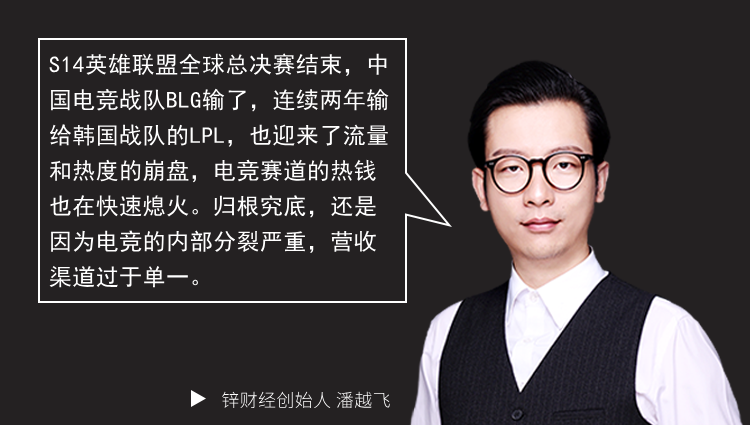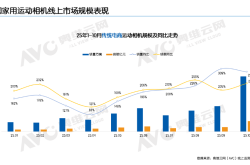No Title in Three Years, E-sports Fades Away
![]() 11/07 2024
11/07 2024
![]() 470
470
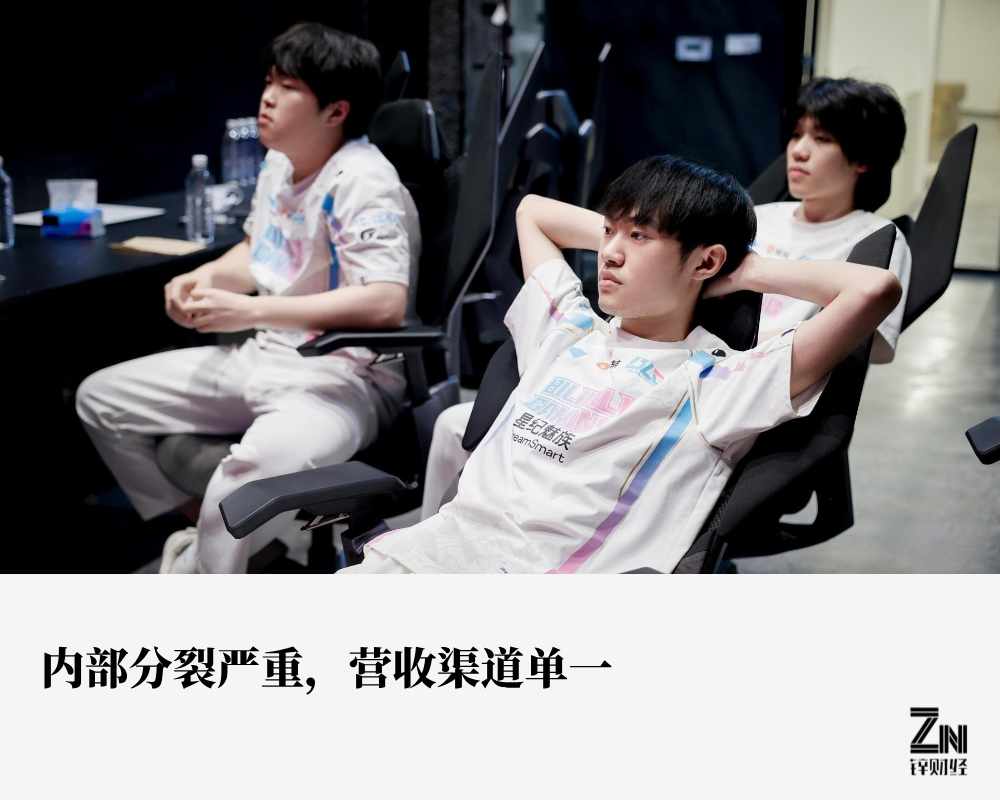
Author|Sun Pengyue
Editor|Da Feng
The S14 League of Legends World Championship has concluded, with the Chinese e-sports team BLG losing to the Korean team T1 with a score of 2-3. This marks the third consecutive year without a championship for China and the second consecutive year missing out on the title. The Chinese LPL League of Legends Professional League is also facing a crisis of declining traffic and popularity. Today, a well-known e-sports insider revealed that among the current 18 LPL teams, RA, FPX, and UP are considering withdrawal, with RA already confirming their exit next year. The LPL may be reduced to 16 teams, with the potential for two more teams to withdraw, bringing the total down to 14. "League of Legends" accounts for over 50% of China's e-sports traffic. If its league struggles to maintain, then the e-sports industry becomes a complete farce.
01
E-sports Fades Away
In 2021, the S11 League of Legends World Championship concluded in Reykjavik, Iceland, with China's EDG team claiming the championship, sparking a wave of domestic e-sports investment. If winning brings heat, losing it instantly cools things down. As a popular saying in "League of Legends" goes: In e-sports, being bad is the original sin. According to the "China E-sports Industry Report for January-June 2024," the actual sales revenue of the e-sports industry increased by 4.43% year-on-year in the first half of this year, while the user base increased by only 0.52% year-on-year to about 490 million. In terms of revenue composition, e-sports game live streaming accounted for the highest proportion at 79.45%. In other words, the revenue growth of the e-sports industry is minimal, and the only remaining avenue for commercial monetization is live streaming, accounting for nearly 80% of revenue channels. The single revenue model is akin to a crippled person limping along with difficulty. Besides live streaming revenue, according to an interview with Wu Lihua, General Manager of the EDG Club, the club's other major sources of income are commercial sponsorships, copyright royalties, and box office shares. These three components primarily come from the LPL Professional League, similar to the Premier League and La Liga in football or the NBA in basketball.
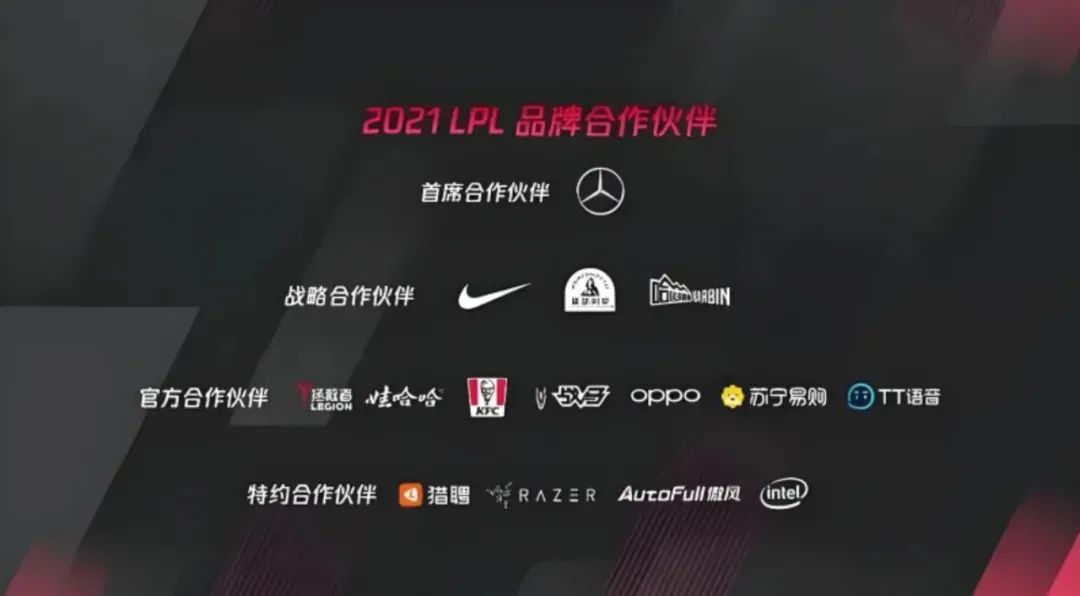
In 2021, the LPL Professional League had up to 15 sponsors, categorized into Chief Partner, Strategic Partner, Official Partner, and Special Partner from top to bottom.
The highest-level Chief Partner was exclusively Mercedes-Benz, which also jointly produced a series of advertisements with several LPL clubs: "Mercedes-Benz, Fearless in Creating Heroes," which became a viral hit. However, in 2024, the LPL partners were reduced to only Durex, JD.com, and Bright Dairy. International brands like Mercedes-Benz, Nike, and KFC have all vanished. With fewer league sponsors, club sponsors have seen a cliff-like drop. For example, the RNG Club's jerseys were once filled with sponsor logos, such as Mercedes-Benz, Yili, HP, KFC, and Douyu, before UZI's retirement. This year, the RNG Club's jerseys only feature Huya Live as a sponsor.
02
A Divided E-sports Industry
The cliff-like drop in commercial sponsorships is largely due to the e-sports audience. Sponsors invest money essentially to expand brand influence and popularity. They naturally hope their sponsored events reach as many people as possible and have the widest possible impact. However, the e-sports industry's audience is relatively limited, primarily young people. This means that brands sponsoring e-sports are generally those targeting young consumers. This naturally eliminates over two-thirds of brands, such as luxury brands that often sponsor football, basketball, and tennis matches but have never ventured into e-sports. These are precisely the sponsors that provide the most funding. Additionally, e-sports is not a specific event but a general term for various games. Whether you're a "League of Legends" club, a "Honor of Kings" club, or a "DOTA2" club, they are all considered part of e-sports. This leads to a fragmented audience within e-sports, where fans of "League of Legends" might not like "Honor of Kings," and vice versa. In contrast to football, where there are dozens of leagues worldwide, including the Premier League, La Liga, and the Champions League, they all involve football. Teams like Manchester United from the Premier League and Real Madrid from La Liga can still compete against each other despite being in different leagues.
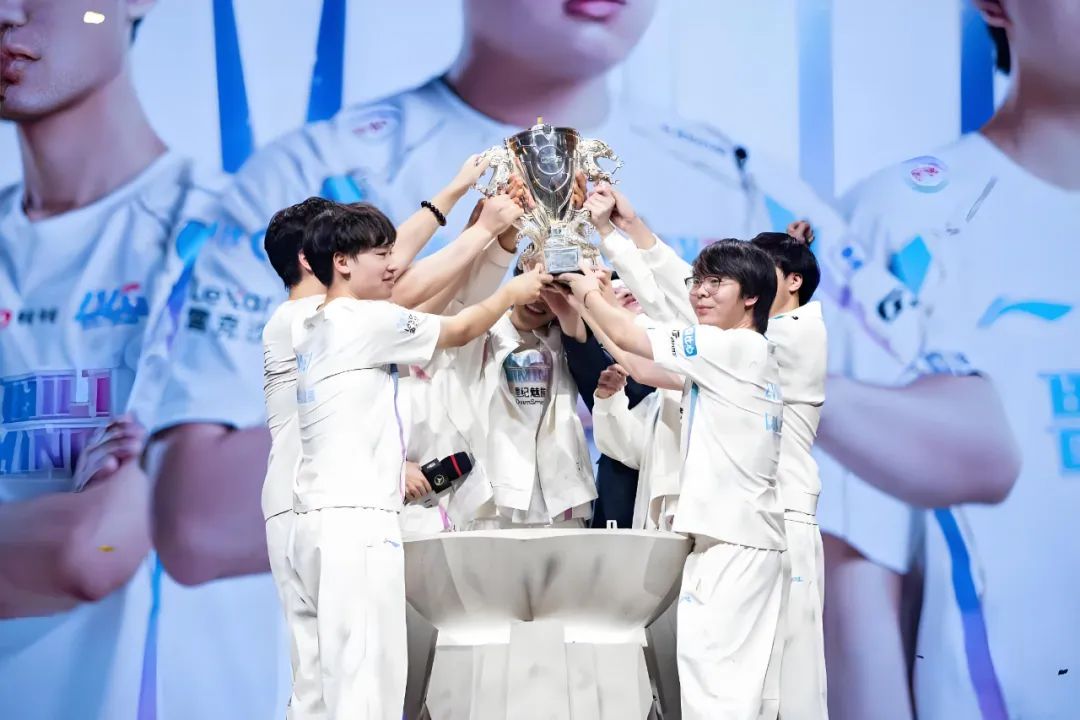
BLG Club
Meanwhile, while there are many game projects, each game has a varying lifespan.
A game within the e-sports industry may lose its popularity within a year or two and fade away before it can establish a player ecosystem. A football or basketball match can be criticized for decades; constant criticism indicates attention and concern, suggesting the sport's longevity. However, a single mistake in an e-sports match can lead to the game's disappearance within a few years. This is the crucial reason behind the lukewarm state of the e-sports industry. With insufficient attention and a limited impact, industry development is constrained, directly affecting clubs' ability to attract funding. Even the EDG Club, which won the championship in 2021, still reports losses, according to its general manager. Every year, clubs sell their league spots, seeking new investors to take over.
03
Need to Find the Next Revenue Source
If most of an e-sports club's revenue comes solely from live streaming tips, it cannot form a standalone industry chain but is at best a component of the broader live streaming economy or a niche within the live streaming sector. Such a background fails to attract capital attention. The e-sports industry must seek additional revenue sources. Therefore, e-sports variety shows have become a hot topic recently. The e-sports variety show "War to the Peak 3," which aired in August this year, topped the Cat-Eye Variety Show Popularity Chart and ranked fourth in the Lighthouse Variety Show Market Share on its premiere day. As a non-mainstream vertical program, "War to the Peak 3" has entered the mainstream market, marking a breakthrough for e-sports variety shows. While e-sports face challenges in monetization, they boast a vast user base, crucial for film and television variety shows. Coupled with the program's use of celebrities like Yang Mi, Zhang Dada, Angelababy, and Huang Zitao, leveraging their influence to drive the market is well-suited for the transformation of the e-sports sector. However, e-sports variety shows face the question of which game to focus on.
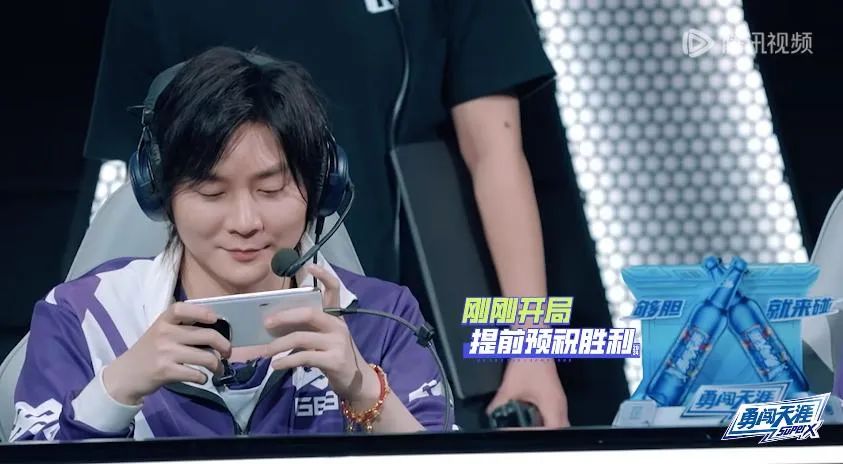
"War to the Peak 3"
E-sports is inherently competitive, not only among players but also between games and platforms. Games like PC and mobile titles, "League of Legends" and "Honor of Kings," "Peacekeeper Elite" and "CS:GO"... Different game types and player demographics influence e-sports development.
For instance, "War to the Peak 3" focuses on "Honor of Kings," meaning it may not attract "League of Legends" users. Even if the variety show succeeds, it won't drive traffic back to "League of Legends." If another e-sports variety show focused on "League of Legends" were to emerge, would there be a need for one centered on "DOTA2" or "Peacekeeper Elite"? The market is unclear, and e-sports awaits the day it breaks through its market ceiling.
